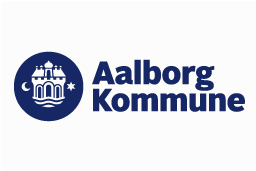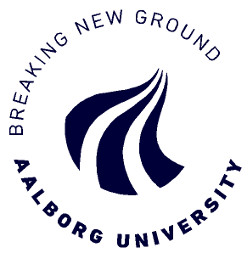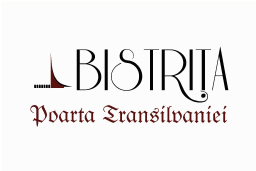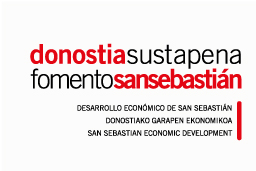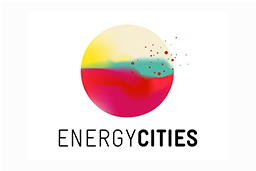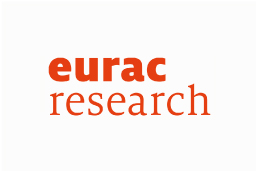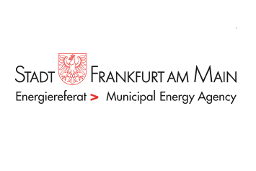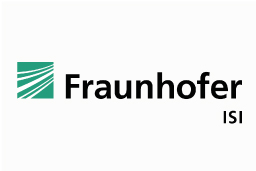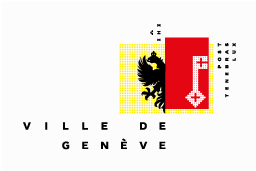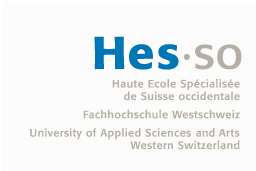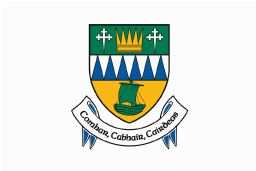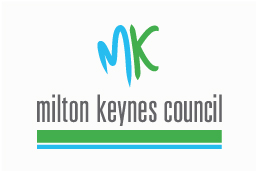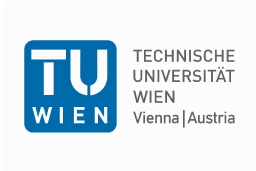Aalborg Municipality has seven administrations, one of them – The Department of Environment and Energy – conducts holistic planning in sustainability, climate, energy, water supply, waste water and refuse.
Through the years, Aalborg has undergone a huge transformation from industrial town to modern knowledge city with a global perspective.
Aalborg has a strong focus on sustainability and has lent its name to two important agreements on sustainability. The Aalborg Charter from 1994 and 10 years later Aalborg Commitments. In 2014, Aalborg has committed to the Covenant of Mayors. Furthermore, Aalborg has launched the SMART Aalborg initiative to make Aalborg a smarter, more digital and sustainable city.
As part of the ongoing development, Aalborg Municipality wishes to participate in disciplinary collaborations and networks within the EU. The Hotmaps project is a good example of this.
The Municipality of Aalborg has been conducting strategic heat planning since the late 1980s and through the years, Aalborg has made several heat plans for the municipality. As a partner of the Hotmaps project Aalborg intend to include and share our knowledge and experience to the process of developing and testing the tool and to the other pilot areas. In addition, Aalborg expect to learn from the experiences of the other pilot areas and partners in the project.




 EURAC has a turnover of about 21 mil.€ and has been involved in the past 10 years in about 70 projects of which 45 funded within various EU programs, including H2020, FP7, IEE, and Interreg. Besides from EU and private commissioned funding, EURAC receives contributions from its members and from the Province of Bolzano.
EURAC has a turnover of about 21 mil.€ and has been involved in the past 10 years in about 70 projects of which 45 funded within various EU programs, including H2020, FP7, IEE, and Interreg. Besides from EU and private commissioned funding, EURAC receives contributions from its members and from the Province of Bolzano.
 The main fields of research of the two Competence Centers “Energy Policy and Energy Markets”, as well as “Energy Technologies and Energy Systems” are energy and climate policy, energy efficiency, renewable energy sources, energy economics analyses, electricity markets and infrastructure, energy demand analysis and projections.
The main fields of research of the two Competence Centers “Energy Policy and Energy Markets”, as well as “Energy Technologies and Energy Systems” are energy and climate policy, energy efficiency, renewable energy sources, energy economics analyses, electricity markets and infrastructure, energy demand analysis and projections.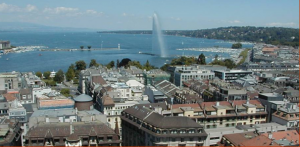
 The research in eEnergy carried out by the Institute of Information systems is part of the broader issue of intelligent energy management. The Institute develops information systems to improve the daily management of energy consumption. Based on these experiences, HES-SO will:
The research in eEnergy carried out by the Institute of Information systems is part of the broader issue of intelligent energy management. The Institute develops information systems to improve the daily management of energy consumption. Based on these experiences, HES-SO will: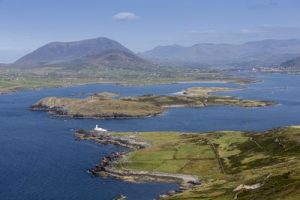 Kerry is a rural county in the southwest of Ireland and the most westerly point of Europe. The majority of the population lives in rural areas (66%). The main towns in the county are Tralee (23,693 pop.), Killarney (14,219 pop.) and Listowel (4,832 pop.). Agriculture, manufacturing (in particular food processing) and tourism are key economic sectors for the county. Kerry County Council, the local authority for the county is a signatory of the Covenant of Mayors and has been at the forefront of promoting the development of district heating in Ireland. The mission statement of Kerry County Council ‘is to enhance the quality of life of our people and visitors by building sustainable communities and delivering quality services.’
Kerry is a rural county in the southwest of Ireland and the most westerly point of Europe. The majority of the population lives in rural areas (66%). The main towns in the county are Tralee (23,693 pop.), Killarney (14,219 pop.) and Listowel (4,832 pop.). Agriculture, manufacturing (in particular food processing) and tourism are key economic sectors for the county. Kerry County Council, the local authority for the county is a signatory of the Covenant of Mayors and has been at the forefront of promoting the development of district heating in Ireland. The mission statement of Kerry County Council ‘is to enhance the quality of life of our people and visitors by building sustainable communities and delivering quality services.’  Milton Keynes is a new city, created in 1967 to provide housing and employment for the growing population in the UK. It has a population of 265,000 as of 2016, and is growing at approximately 1.5% per annum. The city’s economy depends on light industry, commerce, warehousing and distribution. The city is laid out on a grid pattern, with wide grid roads surrounding areas dedicated to the city centre, industry or housing.
Milton Keynes is a new city, created in 1967 to provide housing and employment for the growing population in the UK. It has a population of 265,000 as of 2016, and is growing at approximately 1.5% per annum. The city’s economy depends on light industry, commerce, warehousing and distribution. The city is laid out on a grid pattern, with wide grid roads surrounding areas dedicated to the city centre, industry or housing. PlanEnergi covers the following five key areas of consultancy:
PlanEnergi covers the following five key areas of consultancy:
